COAH Core Faculty Dr. Halima Amjad and Associate Faculty Dr. Quincy Samus will join other leading experts for a #BrainMatters webinar on “Dementia Caregiving & Caregivers” to be held on Thursday, July 21 at noon ET, for which you may register here: tinyurl.com/JulyCaregiving. #BrainMatters is a collaboration among the Johns Hopkins Alzheimer’s Disease Research Center and JH-RCMAR with nonprofits such as the Greater MD Chapter of the Alzheimer’s Association and the AARP’s Global Council on Brain Health, as well as two community-based chapters of the Delta Sigma Theta Sorority, Inc. The #BrainMatters team is committed to sharing science-based information about brain health, health disparities, memory loss, and Alzheimer’s disease and related dementias.
In For this special 1 hour webinar for dementia caregivers, Drs. Amjad and Samus from our center will join Johns Hopkins colleague Dr. Chanee Fabius with the Johns Hopkins Resource Center for Minority Aging Research (JH-RCMAR), as well as Rita B. Choula, MA from the AARP Public Policy Institute and Ilene Rosenthal from the Greater Maryland Chapter of the Alzheimer’s Association. The webinar will be moderated by Jo Ann Scipio, MSN, RN from the Annapolis Alumnae Chapter of Delta Sigma Theta Sorority, Inc. These expert panelists will share information about dementia caregiving, as well as useful tips and helpful resources, and they will provide a set of key take-aways for caregivers. Audience members will have the opportunity to engage with these leading experts for Q&A.
From my point of view as a Communications Specialist with the Johns Hopkins Alzheimer’s Disease Research Center’s “Memory & Aging” initiative, I am very enthusiastic about having a webinar for caregivers. “Dementia Caregiving & Caregivers” will be #BrainMatters’ first webinar, and we are looking forward to engaging with caregivers directly about their top priorities and responding to their most pressing concerns via a virtual Zoom event. This conversation will put the art of caring for the caregiver at the heart of the conversation so they can better serve their loved-ones. As a former caregiver to my Mom, who had an early-onset Frontotemporal Dementia, I am especially excited about this webinar because it will give caregivers great advice and helpful resources to empower caregivers to take better care of their loved-ones—as well as themselves. And the Q&A feature in real time will allow experts to respond to some caregiver concerns with timely, sage advice. I believe every caregiver needs support on their journey, and this webinar is an opportunity to take a few steps together and share tips for a smoother path ahead.
For #BrainMatters, the webinar is an innovative idea to reach people where they are; up until now, #BrainMatters has focused on Twitter Chats to discuss topics such as brain health, overcoming disparities, and providing information about the latest research in the field. People can search the hashtag #BrainMatters on those topics to see the resources covered in those prior chats. Also, I encourage anyone interested in brain health, memory research, and caregiver concerns to follow our social media accounts on Twitter and Facebook.
For more information, email me at: tony.teano@jhu.edu
By Anthony L. Teano, MLA
Communications Specialist
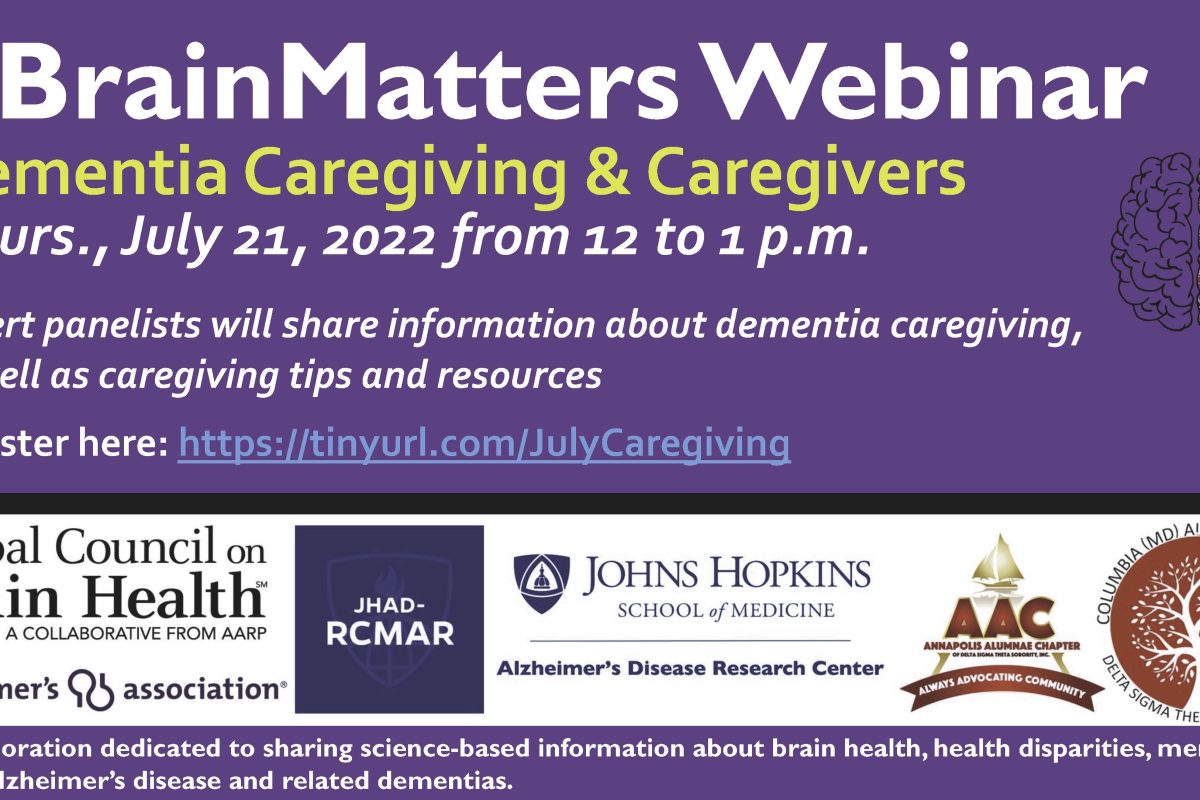
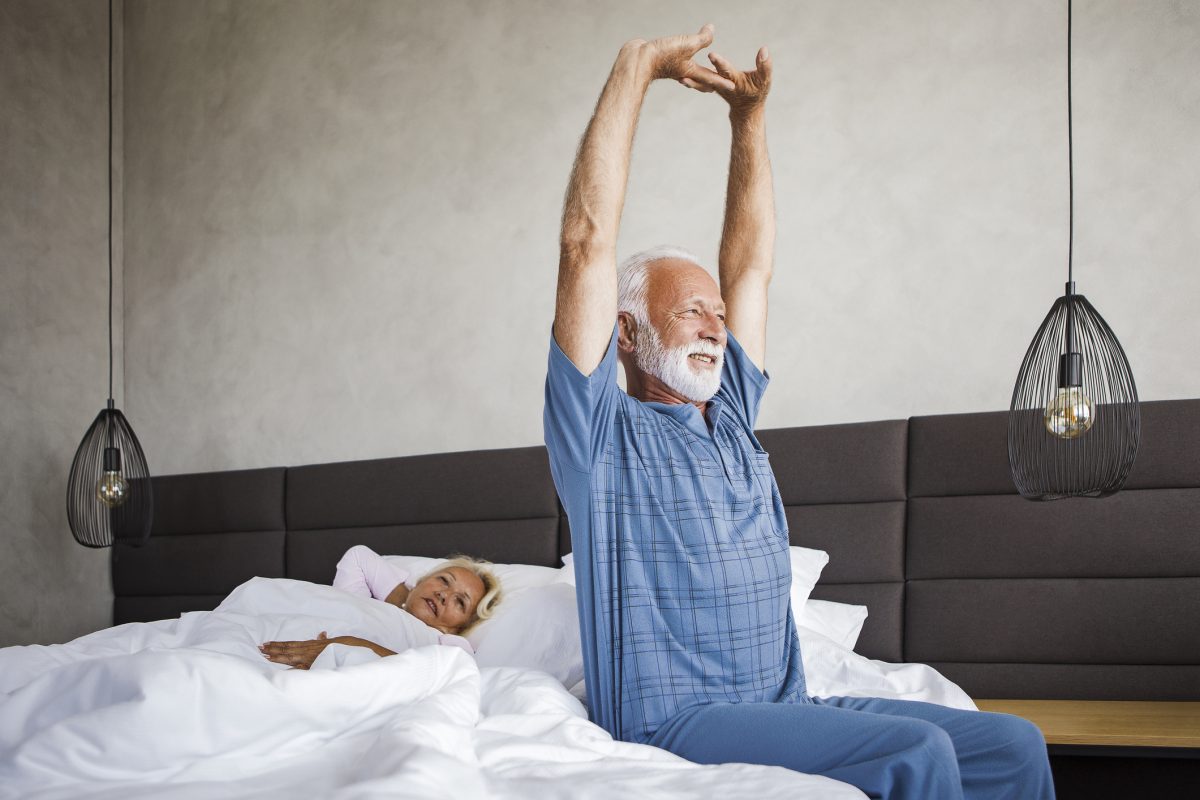
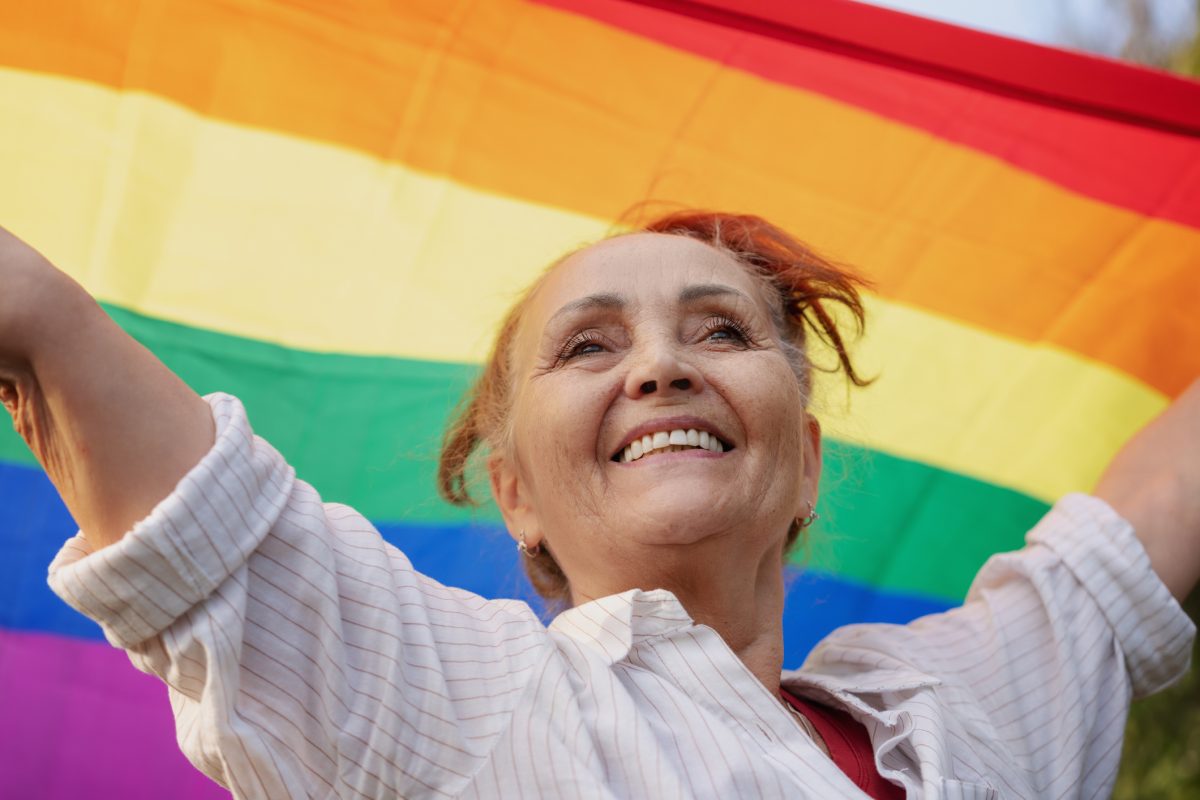
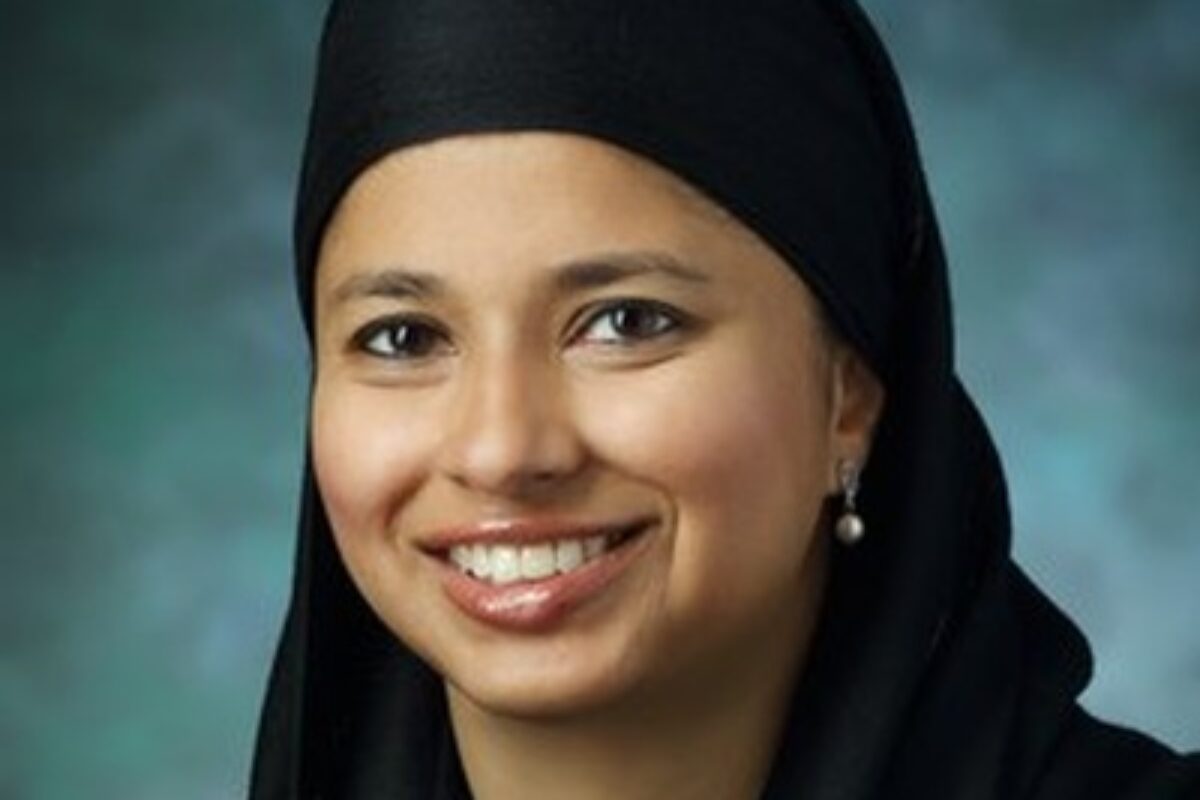
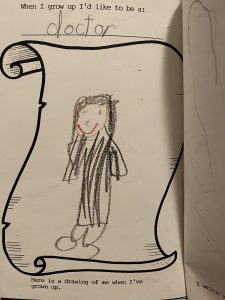 As a pre-schooler, I declared that I wanted to be “mommy and daddy’s doctor” and followed through! I was always drawn to a medical career, a career centered around caring for others. I made the commitment to medicine early, going to a joint BA/MD program for undergrad and medical school (Lehigh University and Drexel University in PA). During my internal medicine residency at Yale, I was drawn to geriatrics because I loved the emphasis on the whole person and family as well as the “less can be more” approach. I think I was subconsciously also led to geriatrics by my dad’s dementia diagnosis. I never envisioned a research career, but I got involved in my first research project related to advance care planning with Terri Fried at Yale. That first experience peeked my interest in research, and I came to Johns Hopkins for a clinical and research fellowship in geriatrics to
As a pre-schooler, I declared that I wanted to be “mommy and daddy’s doctor” and followed through! I was always drawn to a medical career, a career centered around caring for others. I made the commitment to medicine early, going to a joint BA/MD program for undergrad and medical school (Lehigh University and Drexel University in PA). During my internal medicine residency at Yale, I was drawn to geriatrics because I loved the emphasis on the whole person and family as well as the “less can be more” approach. I think I was subconsciously also led to geriatrics by my dad’s dementia diagnosis. I never envisioned a research career, but I got involved in my first research project related to advance care planning with Terri Fried at Yale. That first experience peeked my interest in research, and I came to Johns Hopkins for a clinical and research fellowship in geriatrics to 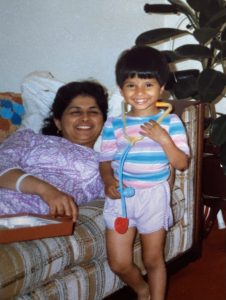 get more training in aging research and see if I would enjoy research long-term (Hopkins was also closer to my parents, which was important to me). As a fellow, COAH Director Dr. David L. Roth was one of the first mentors I connected with. His mentorship helped me obtain my earliest grants using National Health and Aging Trends Study (NHATS) data to examine potentially unsafe activities among older adults with dementia and then extending that work to examine people living with undiagnosed dementia with NHATS-linked Medicare claims data. Many of my mentors are core or associate faculty of COAH, and I love the interdisciplinary connections and collaborations it brings.
get more training in aging research and see if I would enjoy research long-term (Hopkins was also closer to my parents, which was important to me). As a fellow, COAH Director Dr. David L. Roth was one of the first mentors I connected with. His mentorship helped me obtain my earliest grants using National Health and Aging Trends Study (NHATS) data to examine potentially unsafe activities among older adults with dementia and then extending that work to examine people living with undiagnosed dementia with NHATS-linked Medicare claims data. Many of my mentors are core or associate faculty of COAH, and I love the interdisciplinary connections and collaborations it brings.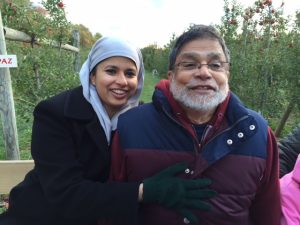 As I carved out a career as a clinician investigator, I focused on dementia care and health services for people living with dementia due to my dad’s diagnosis. He was diagnosed with early-onset frontotemporal dementia just as I was graduating from medical school. Through our family’s experiences, and now also through experiences of my Memory Clinic patients, I have seen the many ways in which medical care and our health care systems fail people with dementia, from diagnosis until death. I know that there are policies, interventions, and clinical practice changes that can improve the care and support that individuals and families receive. My work, and the work of many others, is trying to bring those needed changes. Research can also be daunting when you see the work of senior or established researchers; because of my personal experience, I felt dementia care was one area where I had expertise even as an early career investigator.
As I carved out a career as a clinician investigator, I focused on dementia care and health services for people living with dementia due to my dad’s diagnosis. He was diagnosed with early-onset frontotemporal dementia just as I was graduating from medical school. Through our family’s experiences, and now also through experiences of my Memory Clinic patients, I have seen the many ways in which medical care and our health care systems fail people with dementia, from diagnosis until death. I know that there are policies, interventions, and clinical practice changes that can improve the care and support that individuals and families receive. My work, and the work of many others, is trying to bring those needed changes. Research can also be daunting when you see the work of senior or established researchers; because of my personal experience, I felt dementia care was one area where I had expertise even as an early career investigator.